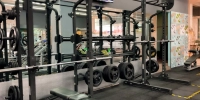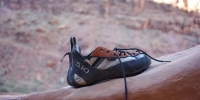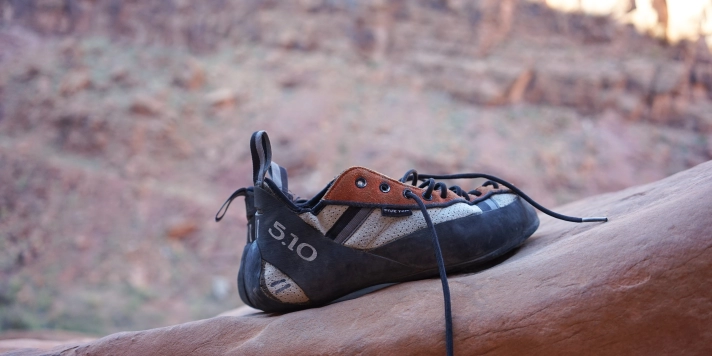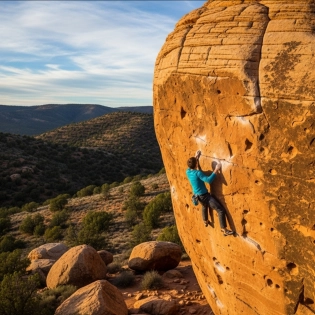








climbing shoes


I know some climbers that have been climbing for quite a few years, and while I do not know how their feet were before they started climbing, I can say that their toes do have a shape resembling that of a climbing shoe. Mainly, the toenails have a curve to them, and their toes are sort of squished together.
Though, this doesn't mean it's necessarily because of the climbing shoes. I know people who have similar feet/toes that do not climb, and I also know climbers whose feet have not changed, so it's hard to say for sure if climbing shoes change the shape of your feet or toes.
I have been climbing for a few years now, and my toes seem to be more curved now than they used to be. The tips of my toes used to all be round, now they are sort of "pinched" in the corners.

The shoes I used in the beginning were relatively very cheap, and very basic, very beginner level. I used them for 6 months until I basically had to get new ones because they were full of holes and the rubber was almost non-existent.
I will say though that I am happy I bought those shoes. They were cheap, and I believe that any pair of shoes that I would have bought would have been destroyed as well, since when I started climbing I had no knowledge or experience in climbing, so my technique was awful, which caused the shoes to get ruined much quicker.
Also, just to point this out since the question may refer to the grade at which the beginner shoes were swapped with more advanced ones, I climbed in those beginner shoes with all of the holes until I could do a few v6's, and I only climbed indoor boulders.







